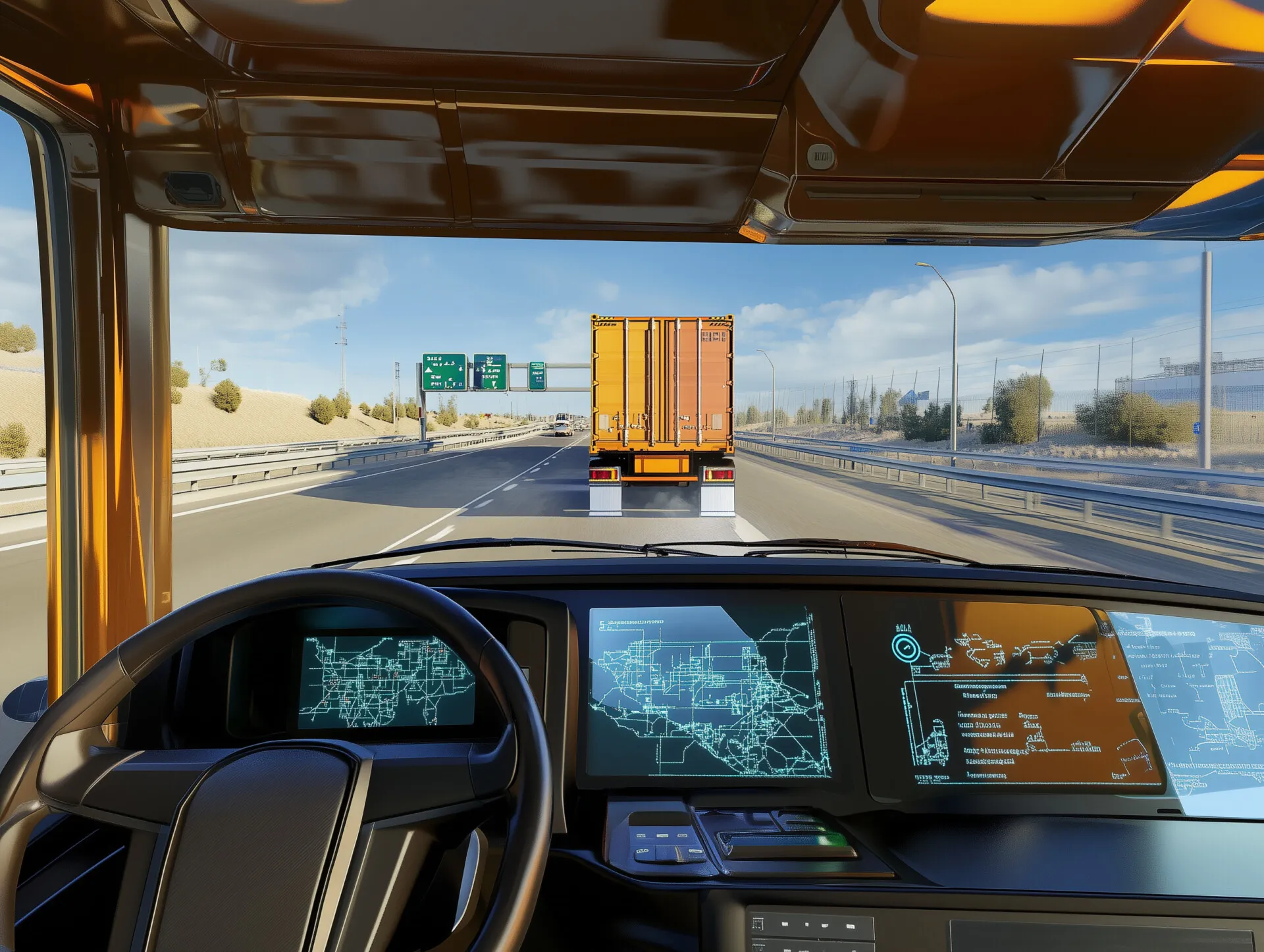The international transport sector is at the cusp of a revolutionary change, driven by rapid technological advancements.
From the integration of GPS tracking systems to the deployment of automated logistics software and the application of advanced data analytics, technology is reshaping the landscape of global transport. These innovations are not just enhancing existing processes; they are redefining the possibilities for efficiency, speed, and reliability in moving goods across international borders. In this blog post, we delve into the latest technological trends that are transforming the transport sector and explore how they are creating significant opportunities and efficiencies for businesses around the globe.
Emerging Technologies Redefining International Transport
1. GPS and Real-Time Tracking Systems: GPS technology has been foundational in transforming transport logistics by enabling real-time tracking of cargo. Today’s systems provide unprecedented accuracy in location tracking, allowing companies to monitor their shipments with pinpoint precision. This capability is crucial not only for the security of the goods but also for optimizing routes, reducing delays, and enhancing delivery schedules.
2. Automated Logistics and Robotics: Automation in logistics, through the use of robotics and advanced software systems, is reducing human error and increasing efficiency. Automated warehouse systems sort, stack, and retrieve goods without human intervention, streamlining operations and reducing labor costs. On the roads, autonomous vehicles and drones are beginning to make headway in making deliveries, especially in hard-to-reach areas, promising a future where goods are moved quickly and safely without the constraints of human limitations.
3. Blockchain for Enhanced Security and Transparency: Blockchain technology is starting to play a pivotal role in international transport by providing a secure, transparent ledger for all transactions and interactions. This technology ensures the integrity of data across the entire supply chain, from the manufacturer to the end consumer. It offers tamper-proof documentation for customs clearances and reduces the prevalence of fraud and theft, which are common in international shipments.
4. Internet of Things (IoT) and Smart Logistics: The Internet of Things (IoT) is connecting devices across the transport sector, from vehicles to shipping containers, to the internet, allowing for the seamless collection and exchange of data. IoT facilitates smart logistics, where every element of the transport process can communicate in real-time. This integration helps in predictive maintenance, efficient energy management, and customized delivery processes, enhancing operational effectiveness.
5. Advanced Data Analytics: Data analytics is transforming how companies approach logistics challenges. By analyzing large sets of data—from weather patterns to traffic data—companies can predict potential disruptions and make informed decisions. Advanced analytics enables the optimization of routes, improves load management, and enhances resource allocation, resulting in cost savings and improved service delivery.
6. AI-Driven Optimization: Artificial intelligence (AI) is at the forefront of optimizing complex transport logistics. AI algorithms can predict market changes, optimize shipping routes based on real-time data, and automate decision-making processes. The use of AI in international transport is helping businesses reduce operational costs, improve efficiency, and increase their responsiveness to changing market dynamics.
The integration of these technologies into international transport is not just transforming operations; it’s setting a new standard for the industry. As we look to the future, the continued advancement and adoption of these technologies will further enhance the ability of businesses to meet the growing demands of a connected world. For companies willing to invest in and adopt these technological solutions, the potential to lead in the logistics and transport industry is enormous.
This exploration of technological trends underscores the exciting potential for growth and innovation in international transport. Businesses that leverage these technologies effectively will find themselves well-equipped to navigate the complexities of global trade with agility and confidence.
